We took the night train from Almaty to Shymkent. Since we booked the tickets just a day prior to travel, the only tickets that were available were 1st class sleeper coupe tickets with 4 to a cabin. When we boarded the train late evening, our only co-passenger was Dastan, a young Kazakh lawyer who was traveling to Shymkent to visit his sister. A few years ago Dastan had visited America as part of a 'Work and Travel' exchange program. He proved an excellent travel companion and the hours spent chatting with him gave us some first hand insight into life in Kazakhstan today, their traditions and values.
As the train left Almaty and headed due west, the scenery outside the window was unchanging. It is wide open, gently undulating steppe for as far as the eyes can see. Suddenly Dastan gestured towards they window and remarked, "This is Kazakhstan! This is what you will see in most parts of the country". The great steppes where the Kazakhs who are famed for their horse skills used to roam, still forms the predominant landscape of the country. Essentially a nomadic people, they were forced to give up their nomadic ways under Soviet rule and settle down.
Horses were critical not only for transportation, but also for food. Even today horse meat is a delicacy and Dastan explained that they have a freezer at his home large enough to hold an entire horse carcass. They would typically slaughter a horse in the beginning of winter and the family would consume it over two to three months using various parts for different recipes. Choice bits were usually reserved for family elders. He was particularly proud of his family's recipes and said all his friends were eager to partake in it.
Interestingly he had mixed feelings about the pre-Soviet era. He felt that the current regime was probably more corrupt and that it was impossible to start a small business today without greasing several palms. In his opinion the education system under the Soviets was much better compared to present times and even schools in remote areas used to have good teachers then. He bemoaned the decline in reading habits of the young (which is probably true elsewhere too) and stressed that in Soviet times everyone read a lot of books. So while he saw the benefits of an independent country, it was tinged with some nostalgia.
After a comfortable night's sleep in a gently rocking train, we reached Shymkent at daybreak. Close to the Kazahk border with Uzbekistan, it is a lively bazaar city just across the border from Tashkent. Our reasons to be there were two-fold. It was the access point for Turkistan, 165km northwest of Shymkent in the Syr-Darya valley and also a convenient point for us to cross back into Tashkent when we were ready.
Turkistan was an important trade and religious center in the 12th century and was the capital of Kazakhstan from the 16th to 18th century. It is the site of the mausoleum of the first great Turkic Muslim holy man, Kozha Akhmed Yasaui which is regarded as the most magnificent Timurid architecture building in all of Kazakhstan. It is said to be comparable with his magnificent creations in Samarkand, though we were just looking upon this as an appetizer to the forthcoming Silk Road feast. Yasaui, founder of the Yasuaia Sufi order, is said to have lived much of his life in Turkistan, dying here, it is thought, about 1166. His original small tomb was already a place of pilgrimage before Timur ordered a far grander mausoleum built here in the 1390s.
The road between Shymkent and Turkistan is being freshly constructed and due to the current state of the road the it takes upwards of three hours to traverse. Three hours of continuous bone-rattling each way that left us both shaken and stirred.
One night on our way back to the hotel after dinner, we were waiting at the bus stop when a completely dark bus approached the stop. V started walking towards it without realizing that it was not a city bus, but when he did realize it was too late. The bus was full of police officers! They jumped out, surrounded us and started clucking like hens, "Passport! Passport! Passportorokoko!".
We were on a good wicket here since we had taken care to register with the Migration Police in Almaty as foreigners who stay for longer than 5 days in Kazakhstan are required to do. One of them asked, "Did you register with Shymkent police?". We smartly replied "We just got here today, we can do that tomorrow". They exchanged glances and held on to our passports longer than needed but eventually returned them to us. Then they surprised us with "Don't stand here. This is not good place". We asked, "Why, is this bus stop unsafe?". The reply was "No, but many many crazy people here". Well, we were doing alright before you got here, we silently thought. But we got a move on and walked back to the hotel in the dark as we did not want any more exchanges with that lot.
Google Maps Link
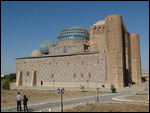
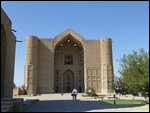
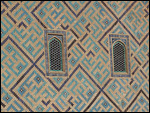
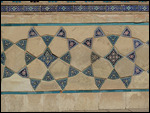
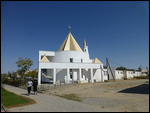
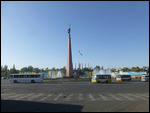
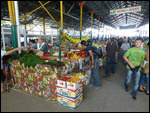

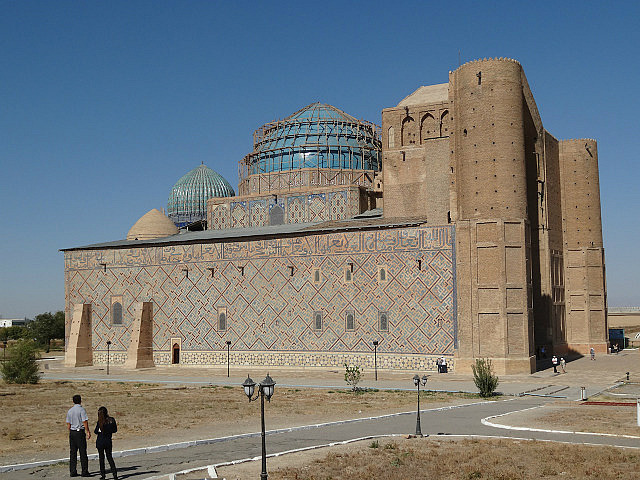
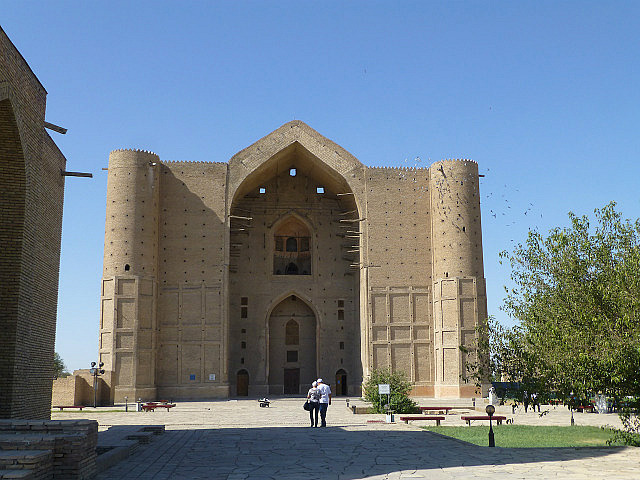
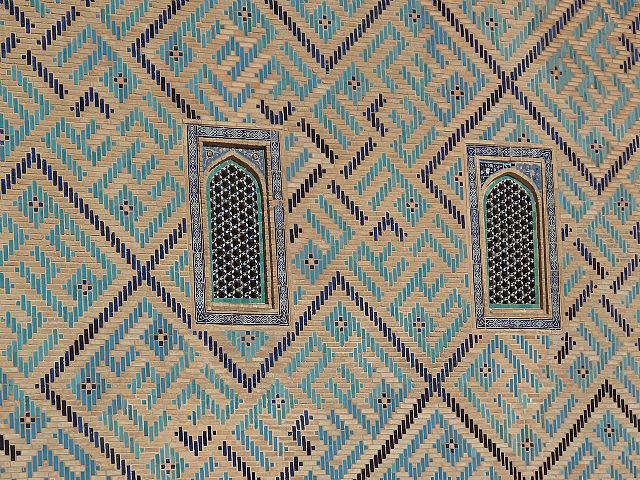
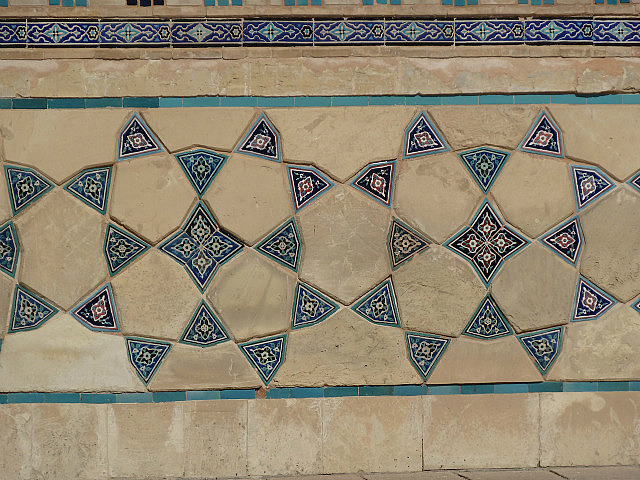
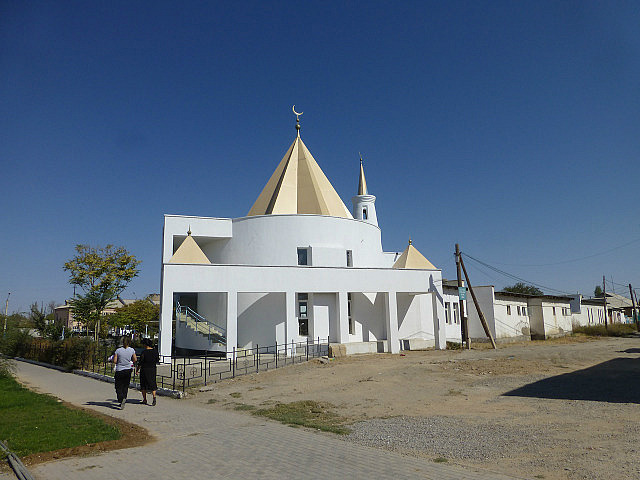
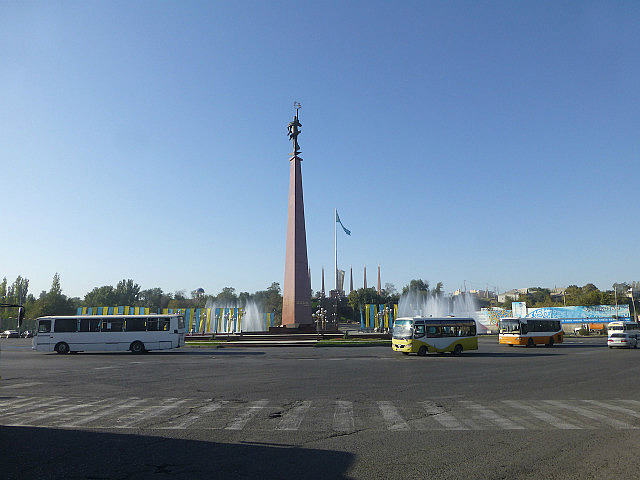
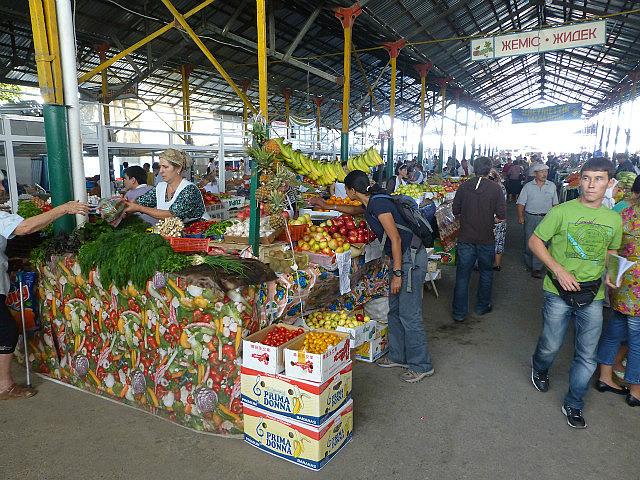

Comments